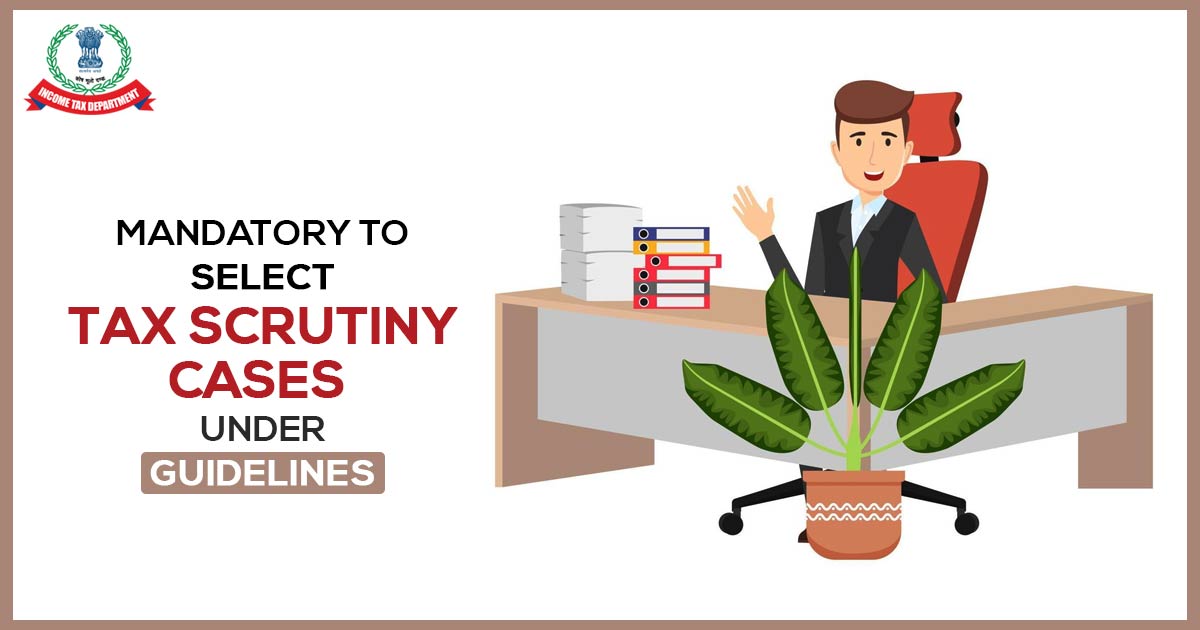
Income tax authorities have been instructed to mandatorily find out the cases wherever they detect any suspicion of tax evasion on returns for thorough scrutiny during the current financial year, according to the instructions released by the Central Board of Direct Taxes (CBDT).
Additionally, the board encouraged them to identify any cases that involved an addition and had been investigated under Section 148, which gives Assessing Officers the authority to estimate a person’s income based on the available information.
Moreover, cases where extra income was received during the earlier assessment year due to a recurring legal situation or because of specific facts before tax officials need to be picked up and thorough scrutiny.
Read Also: ITAT: Authority Should Not Cross the Limit in Limited Scrutiny Cases
The income tax agency focuses on a narrow range of cases for thorough scrutiny while only randomly inspecting a small portion of the annual returns filed. According to the rules for forced selection, the government is monitoring a particular group of taxpayers to make sure they honestly report their income.
According to the instructions for the current fiscal year, cases involving surveys, search and detect operations, or notices issued under Section 142(1) of the Income Tax Act requesting details shall be investigated.
However, the department has made it plain that specific guidelines must be followed and that the International Taxation Central Circle of Income Tax requires the permission of high-ranking officials in addition to requesting the requisite analysis of these forms.
Cases that are submitted for review using this approach are not required to be sent to the anonymous assessment unit, as per the CBDT instructions.
The government has been gradually expanding the sectors where tax deduction at source (TDS) or tax collection at source (TCS) are now required and expects to exploit a large amount of data currently available to broaden the tax base. A database is being created using this data, information from the GST, and information from other organisations. The data is then compared to the tax returns to determine whether or not the income is appropriately disclosed.
The deadline for charitable and religious trusts to submit registration applications was also extended by the I-T department on Wednesday until September 30.









